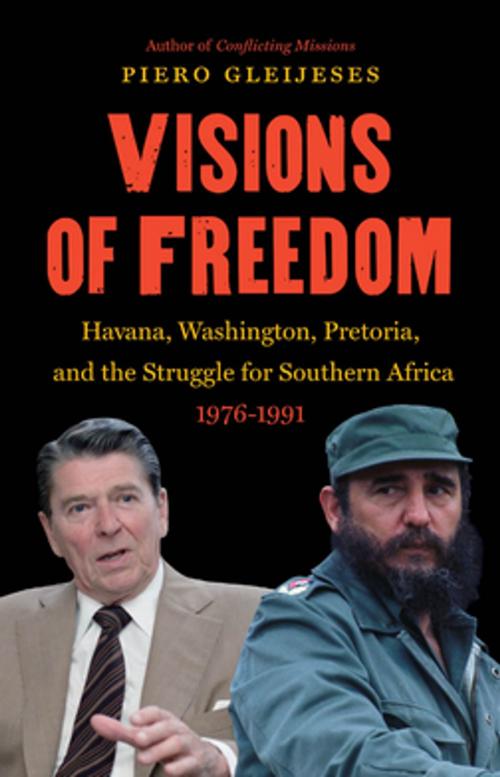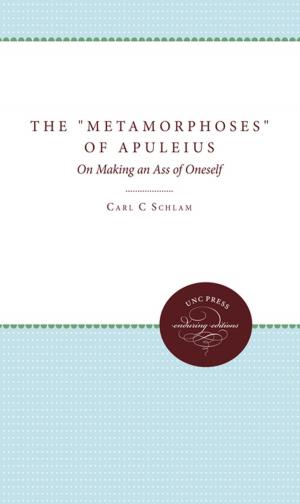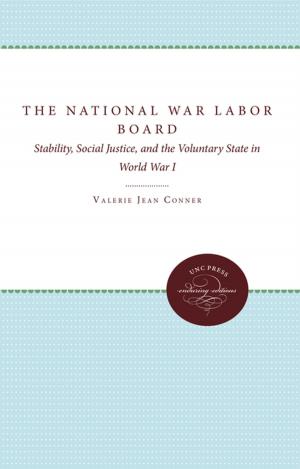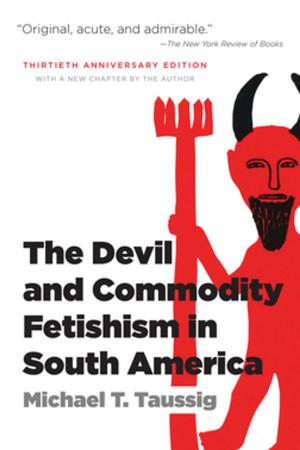Visions of Freedom
Havana, Washington, Pretoria, and the Struggle for Southern Africa, 1976-1991
Fiction & Literature, Literary Theory & Criticism, Caribbean & West Indian, Nonfiction, History, Africa, South Africa, Americas, United States, 20th Century| Author: | Piero Gleijeses | ISBN: | 9781469609690 |
| Publisher: | The University of North Carolina Press | Publication: | November 4, 2013 |
| Imprint: | The University of North Carolina Press | Language: | English |
| Author: | Piero Gleijeses |
| ISBN: | 9781469609690 |
| Publisher: | The University of North Carolina Press |
| Publication: | November 4, 2013 |
| Imprint: | The University of North Carolina Press |
| Language: | English |
During the final fifteen years of the Cold War, southern Africa underwent a period of upheaval, with dramatic twists and turns in relations between the superpowers. Americans, Cubans, Soviets, and Africans fought over the future of Angola, where tens of thousands of Cuban soldiers were stationed, and over the decolonization of Namibia, Africa's last colony. Beyond lay the great prize: South Africa. Piero Gleijesesuses archival sources, particularly from the United States, South Africa, and the closed Cuban archives, to provide an unprecedented international history of this important theater of the late Cold War.
These sources all point to one conclusion: by humiliating the United States and defying the Soviet Union, Fidel Castro changed the course of history in southern Africa. It was Cuba's victory in Angola in 1988 that forced Pretoria to set Namibia free and helped break the back of apartheid South Africa. In the words of Nelson Mandela, the Cubans "destroyed the myth of the invincibility of the white oppressor . . . [and] inspired the fighting masses of South Africa."
During the final fifteen years of the Cold War, southern Africa underwent a period of upheaval, with dramatic twists and turns in relations between the superpowers. Americans, Cubans, Soviets, and Africans fought over the future of Angola, where tens of thousands of Cuban soldiers were stationed, and over the decolonization of Namibia, Africa's last colony. Beyond lay the great prize: South Africa. Piero Gleijesesuses archival sources, particularly from the United States, South Africa, and the closed Cuban archives, to provide an unprecedented international history of this important theater of the late Cold War.
These sources all point to one conclusion: by humiliating the United States and defying the Soviet Union, Fidel Castro changed the course of history in southern Africa. It was Cuba's victory in Angola in 1988 that forced Pretoria to set Namibia free and helped break the back of apartheid South Africa. In the words of Nelson Mandela, the Cubans "destroyed the myth of the invincibility of the white oppressor . . . [and] inspired the fighting masses of South Africa."















